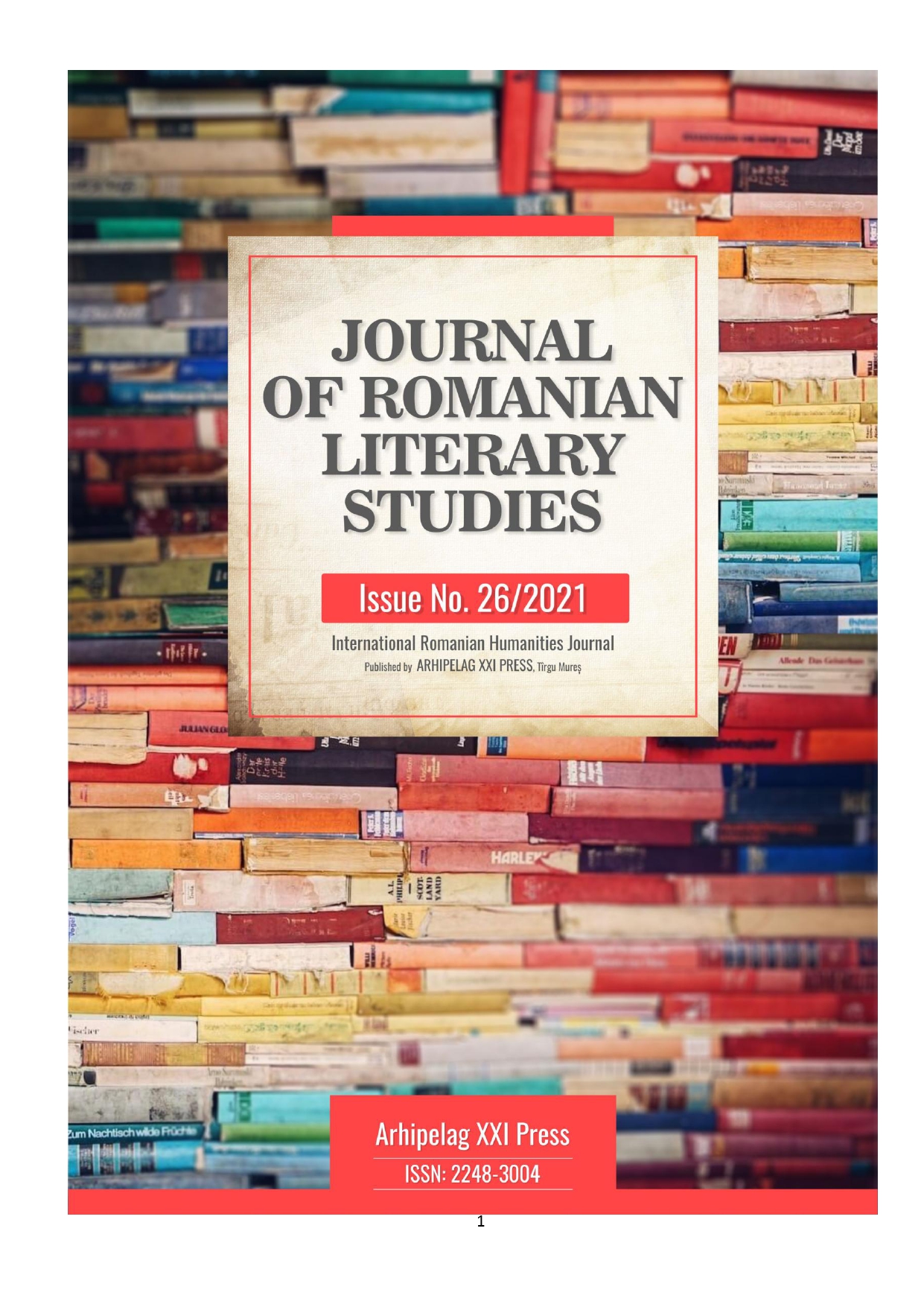BRITISH CHILDREN’S LITERATURE OF THE 18TH CENTURY – THE INFLUENCE OF STORYTELLING ON CHILD DEVELOPMENT
BRITISH CHILDREN’S LITERATURE OF THE 18TH CENTURY – THE INFLUENCE OF STORYTELLING ON CHILD DEVELOPMENT
Author(s): Simona Olaru-PoșiarSubject(s): Fiction, Vocational Education, History of Education, Educational Psychology, Cognitive Psychology, 19th Century, Philology, Theory of Literature, Sociology of Education, British Literature, Pedagogy
Published by: Editura Arhipelag XXI
Keywords: psychology; imagination; child development; cognition; children’s literature;
Summary/Abstract: Storytelling is the oldest form of teaching. Throughout the history of literature, British children’s literature of the 18th century has had a very didactic purpose and appealed more to the cognitive intelligence of the child than to his emotional side, to empathy, to the universe of perception, associations that all lead to imagination and free will. Having a sole purpose, that is educational, intellectual and formative, the literature of the time did not give any right to free expression, but only to means of expression for feelings and manners that society approved of. Therefore social tightness, the corset of etiquette was refraining children from expressing their own personalities.
Journal: Journal of Romanian Literary Studies
- Issue Year: 2021
- Issue No: 26
- Page Range: 260-266
- Page Count: 7
- Language: English

